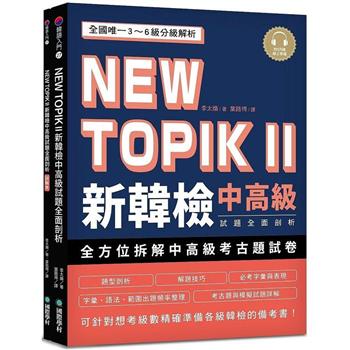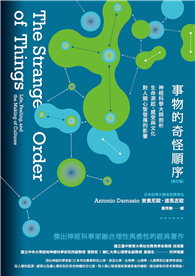Examines the need to recenter the category of sex-theorizing sex itself as nonbinary-in contemporary studies of gender and sexuality
Gender has largely replaced sex as a category in critical theory, in progressive cultural circles, and in everyday bureaucratic language. Much of this development has been salutary. Gender has become a crucial site for theorizing trans identifications and embodiments. Yet, without a concomi-tant theory of sex, gender’s contemporary uses also intersect with late neoliberalism’s emphasis on micro-identities, flexibility, avatar culture, and human capital. Contemporary culture has also grown more ambivalent about sexual desire and its expression. Sex is seen as both ubiquitous and ubiquitously a problem. In Defense of Sex theorizes sex as both a nonbinary form of embodiment (one that can comple-ment recent trans conceptions of gender as multiple and nonbinary) and a crucial form of social desire. Drawing on intersex and trans theory as well as Marxist theory, feminist new materialism, psychoanalysis, and accounts of the flesh in Black studies, author Christopher Breu argues for a materialist understanding of embodiment and the workings of desire as they structure contemporary culture. Moving from critique to theorizing embodiment, desire, and forms of bioaccumulation, In Defense of Sex concludes by proposing the unabashedly utopian project of building a sexual and embodied commons. In Defense of Sex: Nonbinary Embodiment and Desire is available from Knowledge Unlatched on an open-access basis.| FindBook |
有 1 項符合
In Defense of Sex: Nonbinary Embodiment and Desire的圖書 |
 |
In Defense of Sex: Nonbinary Embodiment and Desire 作者:Breu 出版社:Fordham University Press 出版日期:2024-11-05 語言:英文 規格:精裝 / 224頁 / 普通級/ 初版 |
| 圖書館借閱 |
| 國家圖書館 | 全國圖書書目資訊網 | 國立公共資訊圖書館 | 電子書服務平台 | MetaCat 跨館整合查詢 |
| 臺北市立圖書館 | 新北市立圖書館 | 基隆市公共圖書館 | 桃園市立圖書館 | 新竹縣公共圖書館 |
| 苗栗縣立圖書館 | 臺中市立圖書館 | 彰化縣公共圖書館 | 南投縣文化局 | 雲林縣公共圖書館 |
| 嘉義縣圖書館 | 臺南市立圖書館 | 高雄市立圖書館 | 屏東縣公共圖書館 | 宜蘭縣公共圖書館 |
| 花蓮縣文化局 | 臺東縣文化處 |
|
|
圖書介紹 - 資料來源:博客來 評分:
圖書名稱:In Defense of Sex: Nonbinary Embodiment and Desire
Frames of Resistance
A Companion to the Aeneid in Translation: Volume 2: Books 1-6
A Companion to the Aeneid in Translation: Volume 1: Introduction and Indices
In the Future of Yesterday: A Life of Stefan Zweig
Orientation in European Romanticism: The Art of Falling Upwards
Jane Austen and Other Minds: Ordinary Language Philosophy in Literary Fiction
Henry James and the Writing of Transport
Memory and Mortality in Renaissance England
Behind Kṛṣṇa’s Smile: The Lord’s Hint of Laughter in the Bhagavadgītā And Beyond
Common Scents: Poetry, Modernity, and a Revolution of the Senses
A Companion to the Aeneid in Translation: Volume 2: Books 1-6
A Companion to the Aeneid in Translation: Volume 1: Introduction and Indices
In the Future of Yesterday: A Life of Stefan Zweig
Orientation in European Romanticism: The Art of Falling Upwards
Jane Austen and Other Minds: Ordinary Language Philosophy in Literary Fiction
Henry James and the Writing of Transport
Memory and Mortality in Renaissance England
Behind Kṛṣṇa’s Smile: The Lord’s Hint of Laughter in the Bhagavadgītā And Beyond
Common Scents: Poetry, Modernity, and a Revolution of the Senses
|










